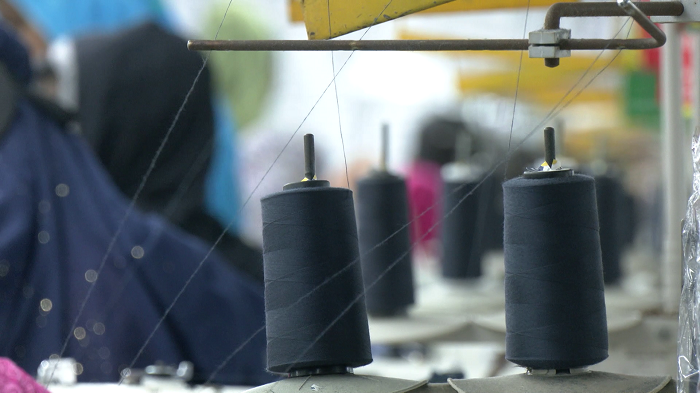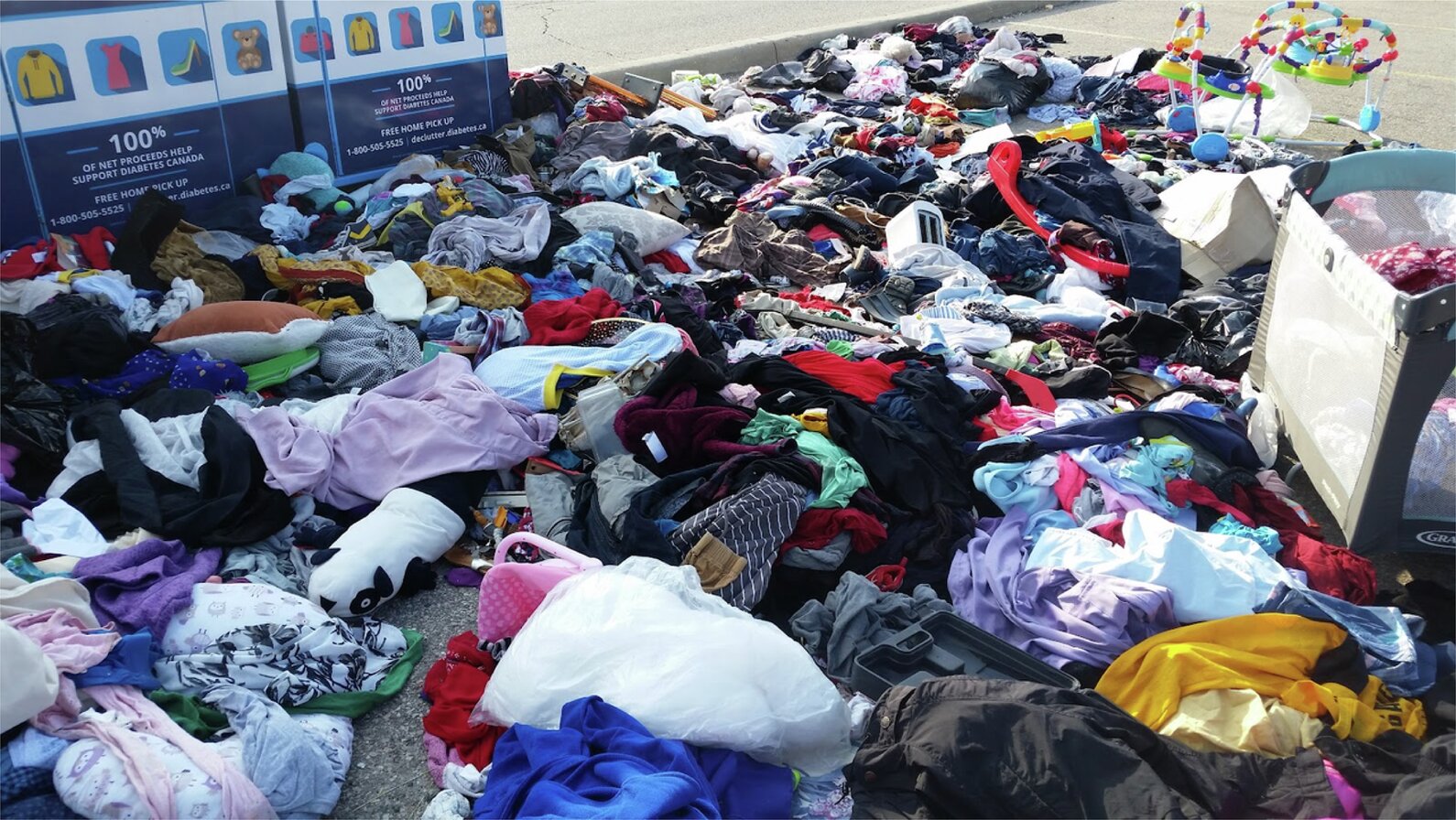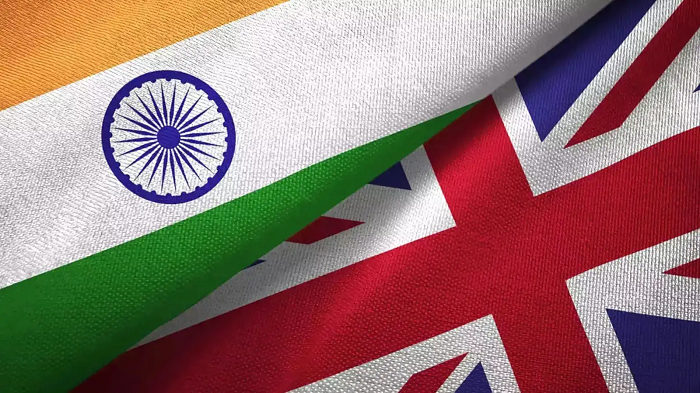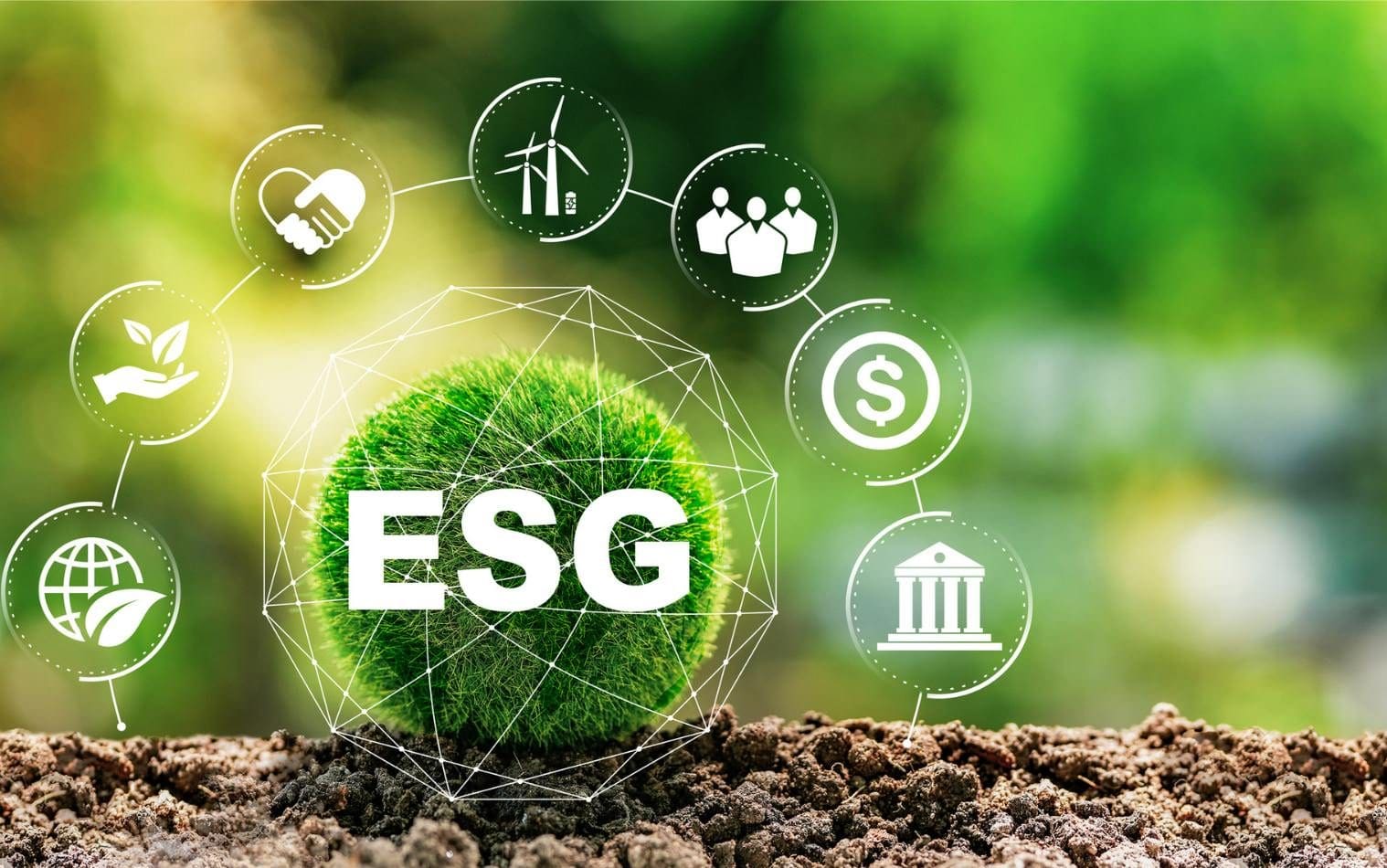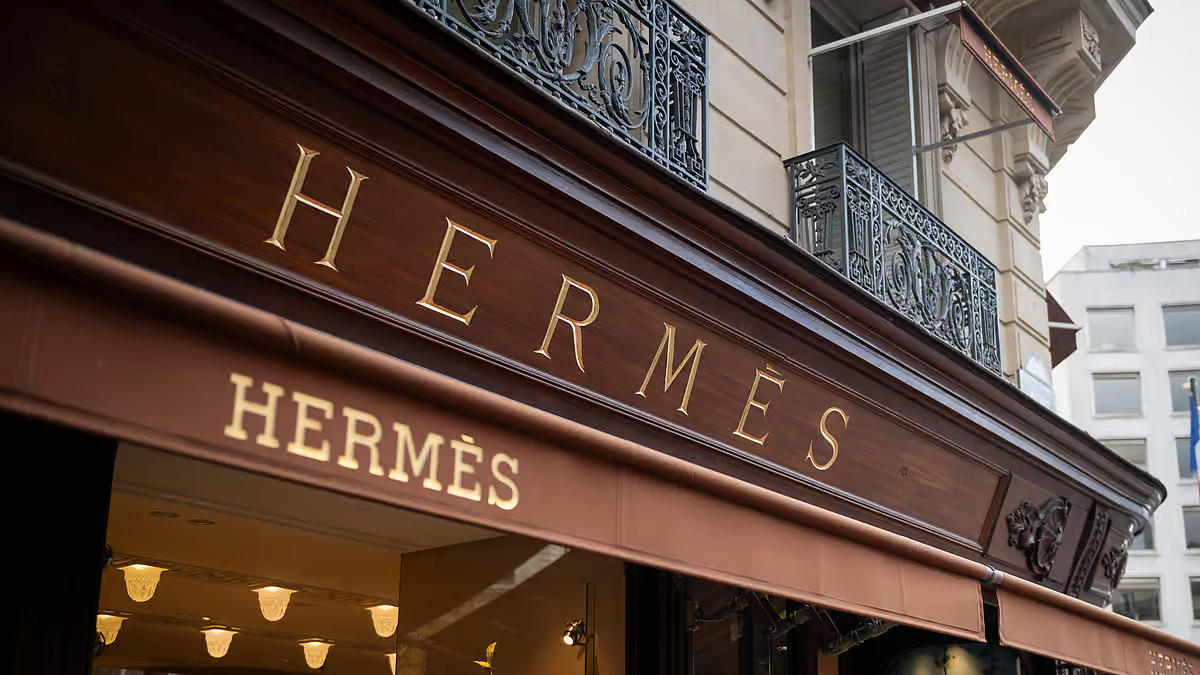
In a move that has sent ripples through the fashion world and beyond, iconic denim brand Levi's has launched a sweepstakes offering a ‘lifetime supply of jeans’ to one lucky winner. The prize, valued at $21,000, consists of 70, $300 Levi's gift cards, ensuring the recipient can replenish their denim wardrobe for years to come.
The sweepstake
The mechanics are simple: participants entered online, sharing their Levi's love stories and why they deserved this denim dream. The prize: a personalized denim wardrobe, curated annually by Levi's stylists, ensuring winners were always at the forefront of denim fashion. The lucky winner wouldn't just get any jeans; they'd receive the latest styles, washes, and fits, ensuring their denim collection remained fresh and on-trend for life. "This is beyond a sweepstake; it's a legacy," said Levi's CEO, Chip Bergh. "We're not just giving away jeans; we're inviting someone into the Levi's family for life."
For many, the prospect of a lifetime supply of jeans is the ultimate dream. The sweepstakes has also generated buzz on social media, with countless users sharing their excitement and tagging friends. "Can you imagine never having to worry about buying jeans again?" tweeted one enthusiast.
Fashion industry experts have praised Levi's for its innovative approach to customer engagement. "This sweepstakes is a brilliant marketing move," said a retail analyst. "It generates excitement around the brand and reinforces its association with longevity and value." Some experts also see the sweepstakes as a reflection of the enduring appeal of denim. As they explain, jeans are a wardrobe staple that transcends trends. Levi's is tapping into that timeless quality with this promotion.
The fashion industry buzzed with excitement. Competitors watched with a mix of envy and admiration. "It's bold," admitted John Smith, a fashion editor. "But it's pure Levi's, capturing the essence of their brand: timeless, authentic, and undeniably cool." The ‘Lifetime Supply of Jeans’ sweepstake wasn't just a marketing gimmick; it was a celebration of Levi's heritage, a testament to the brand's enduring appeal. It captured the hearts and minds of denim lovers, solidifying Levi's position as the ultimate denim destination. More than just a prize, it was a promise of a lifetime of style, comfort, and the undeniable cool factor that only Levi's can deliver.
The European Union (EU) and Fiji have further solidified their trade relationship through the full implementation of the interim Economic Partnership Agreement (IEPA). This move was announced by ValdisDombrovskis, the European Commission's Executive Vice President, and ManoaKamikamica, Fiji's deputy Prime Minister for trade.
The IEPA, initially signed in 2009, is designed to promote sustainable development and facilitate Fiji’s integration into the global economy. Under the agreement, the EU has already eliminated customs duties and quotas on imports from Fiji. In return, Fiji has now committed to gradually phasing out duties on a select group of imports from EU Member States.
While tariffs will remain on certain imports to protect domestic industries, the agreement is expected to boost trade opportunities and enhance the competitiveness of Fijian products by providing access to cheaper inputs. The IEPA also supports cooperation on trade and investment, particularly through the EU’s 'Global Sourcing' provision, helping Fiji comply with EU market standards and improve its business environment.
This final phase of tariff liberalisation marks a significant step in strengthening and diversifying trade ties between the EU and Fiji.
Traditional denim production consumes enormous amounts of water, especially during the dyeing and aging processes. To address this, Shein partnered with NTX in 2021 to introduce Cool Transfer Printing, an innovative technology that drastically reduces the water footprint in denim manufacturing.
Unlike conventional methods that require multiple washes to achieve the desired look, Cool Transfer Printing digitally simulates these effects instantly, eliminating the need for water-intensive processes. As a result, Shein's suppliers have reduced water usage by 70.5 per cent, a figure verified by Bureau Veritas in October 2023.
This innovation not only conserves water but also enables on-demand production of stylish denim in a variety of colors and designs. The technology allows for direct digital printing with reactive ink, making the creation of intricate patterns more efficient and cost-effective.
By integrating Cool Transfer Printing into its agile supply chain, Shein offers a diverse range of affordable, sustainable denim products. The company remains committed to leveraging technology to create more eco-friendly production methods, bringing it closer to its sustainability goals.
The Indian government has postponed the implementation of the Quality Control Order (QCO) on cotton for another year. Originally set to take effect in 2023 and then delayed to 2024, the QCO will now come into force on August 27, 2025, according to a recent notification from the Ministry of Textiles.
The QCO mandates strict quality standards for cotton, including moisture and trash content, as prescribed by the Bureau of Indian Standards (BIS). However, the country's ginning industry, largely composed of MSMEs, is struggling to meet these requirements. The industry operates with outdated machinery, and modernizing to comply with the QCO would require significant investment, which many small units cannot afford.
While the QCO has already been implemented for polyester, viscose, and other fibres, cotton has been given more leeway due to these challenges. The Cotton Association of India (CAI) and other industry bodies had urged the government to extend the deadline, arguing that a phased approach is more practical given the industry's current limitations.
This extension is seen as a temporary relief for the ginning sector, allowing more time to upgrade facilities and meet the stringent standards that will eventually be enforced.
Twenty-five Vietnamese garment makers showcased their products at this year’s edition of Sourcing at Magic Fashion Trade Show in Las Vegas, US, as per reports by the Vietnam Textile and Apparel Association (VITAS).
Held from Aug 19-21, 2024, the trade show featured a wide range of products made by different materials and in different patterns and designs in 16 pavilions.
The United States is a traditional export market of Vietnamese textiles and garments, accounting for a large turnover. In the first six months of 2024, the United States importedtextiles worth $7.2 billion from Vietnam, making up 7.2 per cent of the US market share, second only to China.
However, the United States importers are tightening regulations on imported products, especially with supply chain control. VITAS has advised garment makers to diversify supply sources of materials from new markets, instead of relying on China that supplies more than 50 per cent of the materials to the Vietnamese garment industry.
Currently, many local garment makers have imported materials from the Republic of Korea, India and Japan, among other markets.
The Government has approved the Strategy for development of Vietnam’s Textiles, Clothing, Leather and Footwear industries to 2030, with a vision to 2035, which emphasises domestic supplies of materials. Businesses are encouraged to promote investment in modern technology in production, thereby gradually solving difficulties and proactively controlling supply sources to reduce dependence.
In just five days, Shanghai will host Yarn Expo Autumn 2024 from August 27 to 29 at the National Exhibition and Convention Center. The event promises to be a hub of activity for exhibitors, visitors, and industry experts, fostering valuable connections and business deals. Over 500 suppliers from 15 countries will gather, with special pavilions and zones showcasing the latest in innovative, eco-friendly, and quality products.
Key highlights include the India Pavilion, which will feature over 40 enterprises, marking the highest exhibitor number in a decade. Organized byCotton Textiles Export Promotion Council(TEXPROCIL), the pavilion will present an array of traditional and eco-friendly cotton products from leading companies such as Indo Industries, Padwa Worldwide, and Niva Organics. The Pakistan Zone will also stand out, with major exhibitors like Abtex International and Masood Textile Mills showcasing their diverse offerings, including fancy yarns, greige, and organic cotton.
In addition to these international zones, the expo will feature domestic product zones, including the Chemical Fibre, Cotton Yarn, and Fancy Yarn Zones. The Chemical Fibre Zone, with nearly 200 companies, will spotlight eco-friendly and functional fibres, while the Cotton Yarn and Fancy Yarn Zones will bring together over 100 exhibitors each, highlighting innovation and green potential in their respective categories.
Beyond the exhibition floor, Yarn Expo will host a series of fringe events aimed at steering industry trends and developments. Key events include the China Fibre Fashion Trends 2024/2025 Display Zone, the Textile Materials Innovation Forum, and various product launches. These events will feature insights from university professors, scholars, and industry leaders, offering attendees a glimpse into the future of yarn and fibre applications.
Running concurrently with Intertextile Shanghai Apparel Fabrics – Autumn Edition, CHIC, and PH Value, Yarn Expo Autumn will bring together multiple sectors under one roof, amplifying business opportunities for all participants. The event is co-organized by Messe Frankfurt (HK) Ltd and the Sub-Council of Textile Industry, CCPIT.
Marking a significant advancement in scalable textile-to-textile recycling, Unifi has introduced two innovative products—white-dyeable filament yarn and ThermaLoop insulation material. Both these products are made from 100 per cent recycled polyester feedstock, excluding additives and colorants, and consist of at least 50 per cent textile waste. Despite their recycled origins, these products achieve virgin-quality standards, demonstrating Unifi’s commitment to sustainability without compromising on performance.
These products were created using Unifi’s Textile Takeback process, which recycles global post-industrial and post-consumer textile waste into next-generation materials. The company is partnering with global brands to reclaim their waste and keep materials in circulation longer, contributing to a more sustainable textile industry.
The new circular Repreve filament yarn is a versatile, white, dyeable, high-performance polyester designed for critical applications across various industries. This circular polyester line also includes black filament yarn and black and white staple fiber, all of which feature FiberPrint tracer technology, ensuring U-Trust certification for authenticity and sustainability.
Available in down-like fiber, fiberball, and padding formats, thermaLoop insulation offers excellent performance, recovery, and thermal efficiency. Engineered with Repreve low melt fiber, the padding's launch in black insulation highlights the diverse types of textile waste that can be repurposed as feedstock.
These products can be seamlessly integrated into existing supply chains, addressing a significant challenge for polyester-reliant industries, particularly fashion brands aiming to create circular apparel in line with sustainability goals. Unifi’s initiative supports the company’s ambitious target to recycle the equivalent of 1.5 billion t-shirts worth of textile waste by 2030.
From Rs 1,081 crore in 2013-14, the sales of Khadi fabrics expanded by staggering 500 per cent to reach Rs 6,496 crore in 2023-24.
In the previous fiscal year, 2022-23, the sales of Khadi fabric had amounted to Rs 5,943 crore. As per the Khadi and Village Industries Commission, (KVIC), this growth was fueled by extensive promotional initiatives that have significantly expanded Khadi's global reach, from the US and UK to Europe and Dubai.
The Indian government has launched several initiatives to establish Khadi as a global brand and boost its exports. A few of these include the registration of the Khadi trademark in five countries—Germany, the UK, Australia, Russia, and China—and efforts to prevent the misuse of the Khadi brand name internationally. Additionally, the Centre of Excellence for Khadi (CoEK) has collaborated with various Khadi institutions to develop new clothing lines featuring vibrant colors and modern silhouettes.
Employment in Khadi and village industries has also increased from 1.3 crore in FY 2013-14 to 1.87 crore in FY 2023-24 As per KVIC, sales under its supervision increased to Rs 1.5 lakh crore in the FY 2023-24, compared to ₹1.3 lakh crore the previous year. As a statutory entity under the Ministry of Micro, Small, and Medium Enterprises, the commission is tasked with promoting Khadi fabric and providing employment opportunities for rural artisans.
India’s textile and apparel (T&A) exports grew by 4.73 per cent Y-o-Y to $2.94 billion in July 2024as against $2.81 billion in July 2023, as per figures by the Confederation of Indian Textile Industry (CITI).
Apparel exports from India grew by 11.85 per cent Y-o-Y to $1.28 billion during the month as against $1.14 billion in July 2023. This growth could be attributed to the rising demand for Indian apparel in prominent markets such as the US, the EU and the UK, says RakeshMehra, Chairman, CITI.
Meanwhile, India’s textile exports remained steady in July 2024 to $1.66 billion compared to July 2023. CITI remains optimistic about the future growth of the T&A industry in India. The free trade agreements (FTAs) being negotiated by the government will provide additional momentum to these exports, adds Mehra.
Anticipating growth, the industry is strategically positioning itself to capitalise on these opportunities, ensuring India remains a key player in the global textiles and apparel market.
Hyosung will introduce innovative sustainable textile solutions and fresh designs across its value chain at the world’s largest professional fabrics and accessories exhibition, China International Textile Fabrics and Accessories (CITFA) A/W Expo.
To be held in Shanghai from Aug 27-29, 2024, the expo serves as a comprehensive platform for showcasing new products, technologies, trends, and concepts in the textile industry, fostering healthy and sustainable development through collaboration.
Hyosung will participate in this exhibition along with 27 domestic and international partners. It will occupy a large 828 sqm booth to showcase its multi-functional and eco-friendly yarns including regen spandex and regen Bio Spandex, says Scott Park, Hyosung Marketing Director, China.
Hyosung's RCS-certified, 100 per cent recycled regen Spandex is produced from reclaimed waste generated during Hyosung’s manufacturing process. On the other hand, Regen Bio Spandexis made from renewable resources instead of petroleum-based materials, helping to reduce carbon footprint and reliance on non-renewable resources. Hyosung offers three bio-based Spandex yarns with varying amounts of renewable content: regen BIO, regen BIO+, and regen BIO Max.
Additionally, Hyosung will highlight its popular Creora Fresh Spandex, which will now be produced domestically in China. Creora Fresh Spandex is known for its odour-neutralising functionality and high elasticity. Utilising a chemical neutralisation method, Creora Fresh efficiently and permanently neutralises odor components like ammonia, acetic acid, and isovaleric acid, ensuring lasting freshness and comfort.
Hyosung’s Fashion Design Center (FDC) team will also present the latest trends for the Spring/Summer 2026 season, incorporating consumer needs into product design and development. The presentation will feature three major textile trends across different apparel categories: sports/outdoor, lingerie, and home leisure.
- 1
- 2
- 3
- 4
- 5
- 6
- 7
- 8
- 9
- 10
Blossom Premiere Vision returns in June to support luxury fashion's shifting nee…
As the global luxury goods market grapples with a prolonged slowdown, an industry once resilient to crises is now undergoing... Read more
Monforts technologies power sustainability showcase at Kingpins Amsterdam
Denim mills using Monforts systems dominate eco-focused fabric displays At the recent Kingpins Amsterdam exhibition held on April 16-17 at the... Read more
Bangladesh RMG exports navigate new skies amid cost concerns post India's trans-…
Bangladesh's RMG export is adapting to India's revocation of trans-shipment services, marked by maiden freighter flight carrying 60 metric tons... Read more
A stitch in time, fashion's 1% solution to a carbon crisis
The fashion industry, built on trends and textiles, is facing a stark reality: its environmental footprint is unsustainable. Hidden deep... Read more
Threadbare Foundations: Bangladesh’s RMG boom hangs by Indian yarns
Bangladesh’s ready-made garment (RMG) industry is a global juggernaut. Second only to China in apparel exports, the sector is the... Read more
Global fashion brands brace for tariffs, Zara, Shein, H&M, Fashion Nova navi…
Inditex, the parent company of fast-fashion giant Zara, remains "optimistic" about its growth prospects in the United States, even amidst... Read more
Where do donated clothes go? Report debunks landfill myth, highlights global reu…
Forget the image of mountains of discarded clothing polluting landfills. A new white paper by Bank & Vogue Ltd/Ltée reveals... Read more
India-UK FTA: New opportunities beckon Indian fashion retailers and brands
The just concluded Free Trade Agreement (FTA) between India and the UK, a culmination of over three years of negotiations,... Read more
ESG backlash and the future of sustainability in textiles, apparel, and fashion
Julia Vol’s LinkedIn post, echoing the Financial Times headline ‘ESG fund outflow hit record as sustainable investing backlash grows’, strikes... Read more
Hermès' Singular Vision Pays Off: Overtakes LVMH in market cap through decades o…
In a compelling narrative of focused growth versus diversified expansion, luxury powerhouse Hermès has shown the power of brand discipline,... Read more





